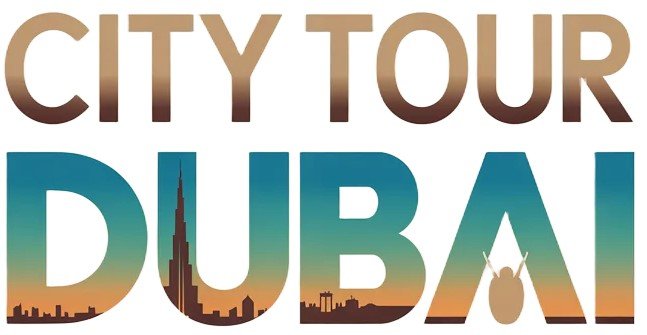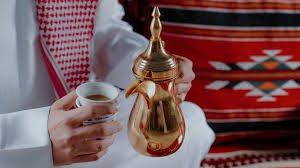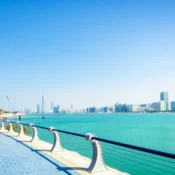Coffee is more than just a beverage, it’s a global cultural symbol enjoyed in various forms around the world. Among the most iconic and historically rich variants is Arabic coffee, known for its unique flavor, heritage, and ceremonial importance in the Middle East. In the UAE, Arabic coffee or Gahwa is deeply woven into local traditions and hospitality.
Let’s explore what makes Arabic coffee special, interesting facts you probably didn’t know, and where to savor it in the UAE.
What Makes Arabic Coffee Unique?
While coffee has roots in Ethiopia, the earliest cultivation and widespread use of the drink began in Yemen. It quickly spread across the Arab world, and Arabic coffee became a staple of hospitality, often served during gatherings, weddings, and cultural events.
Arabic coffee is made using Coffea Arabica beans, which are roasted lightly (often to a golden brown), ground, and then brewed with cardamom, sometimes with added cloves, saffron, or rosewater. The result? A light, fragrant drink with a subtly spiced flavor—served without sugar in small handle-less cups called finjans.
Types of Arabic Coffee
Arabic coffee has two main variants, depending on the region:
- Peninsular Arabic Coffee – Popular in the UAE, Saudi Arabia, Yemen, and Iraq. Typically spiced and light in color.
- Levantine Arabic Coffee – Found in countries like Lebanon, Jordan, Palestine, and Syria. Often darker, similar to Turkish coffee, and sometimes sweetened.
Interesting Facts About Arabic Coffee
1. Self-Pollinating Plant
Coffea Arabica plants are self-pollinating, meaning they reproduce using their own pollen. This trait has helped preserve the plant’s genetic purity and taste consistency over centuries.
2. Arabica Coffee Has 44 Chromosomes
Unlike other coffee species that contain 22 chromosomes, Arabica coffee contains double the amount – 44 chromosomes – making it genetically unique and more complex in flavor.
3. Naturally Lower in Caffeine
Arabic coffee contains only about 1.5–2% caffeine, significantly lower than other coffee types. It’s a great choice for those who enjoy coffee without the jitters.
4. Grown at High Altitudes
Arabica coffee thrives in elevated mountainous regions, often between 2,000 to 6,000 feet above sea level. The altitude contributes to the bean’s rich aroma and smooth flavor profile.
5. Limited Yield Per Plant
A mature Arabica plant can take up to 7 years to fully grow and produces just 1 to 2 pounds of coffee per year. However, each plant can yield beans for over 25 years when properly cared for.
6. Low in Calories and Fat
Traditional Arabic coffee contains minimal calories and no fat, especially when served without sugar or milk. Studies suggest regular consumption may help reduce risks of type 2 diabetes, cardiovascular diseases, and certain cancers.
7. A Symbol of Arab Hospitality
Arabic coffee is an integral part of Emirati and Arab hospitality. Guests are traditionally welcomed with a serving of coffee and dates – a symbol of respect and generosity.
Where to Enjoy Arabic Coffee in the UAE
Arabic coffee is widely available across the UAE, but here are a few authentic experiences where you can enjoy it in true Emirati style:
1. Water Canal Dinner Cruise
Enjoy Arabic coffee while cruising through Dubai’s illuminated water canals. The traditional drink is served with local snacks and mesmerizing skyline views.
2. Quad Biking in Dubai Desert
After an adrenaline-filled ride on sand dunes, you can unwind at desert camps where Arabic coffee is served alongside dates and sweets.
3. Afternoon Desert Safari
This experience includes camel rides, henna painting, and of course, freshly brewed Arabic coffee at Bedouin-style campsites.
4. Cultural Museums and Heritage Villages
Places like the Al Fahidi Historical District in Dubai or Sharjah Heritage Area serve Arabic coffee to visitors, often alongside stories of Emirati traditions and customs.
In a Nutshell
Arabic coffee is not just a drink, it’s a cultural experience that embodies hospitality, history, and health benefits. With its unique taste, medicinal properties, and heritage, Arabic coffee stands out as a beverage that connects people across generations and borders.
Next time you visit the UAE, don’t miss the chance to sip this traditional drink at a desert safari, local market, or cultural event. It’s more than coffee—it’s a taste of Arabia.



